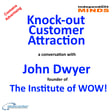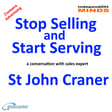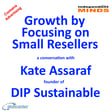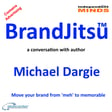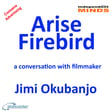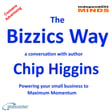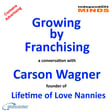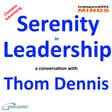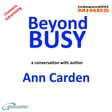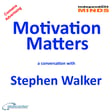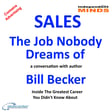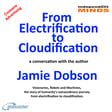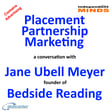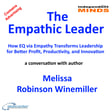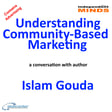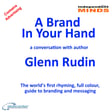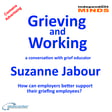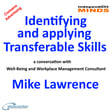
Understanding LGBTQ+ Career Progression – a conversation with Claire Ebury and Matt Haworth from Pride in Leadership
Pride in Leadership, a CIC is the UK’s community for LGBTQ+ leaders was co-founded by Claire Ebury and Matt Haworth.
Away from Pride in Leadership Claire is a DEI consultant at On the Level, and Matt is a director at Reason Digital.
In this episode of the Abeceder podcast The Independent Minds, Claire, Matt and host Michael Millward explore the findings of research conducted by Pride in Leadership into how LGBTQ+ people experience career progression.
Work can be a safe place to be LGBTQ+, but the findings show that many LGBTQ+ people and people who managers believe are LGBTQ+ can be excluded from career development and promotion opportunities.
Michael expresses dismay about the number of LGBTQ+ people who do not feel supported by HR professionals.
The discussion investigates why this might be, with Michael explaining the challenges that HR professionals face when trying to support every minority.
Other aspects of the findings included in the conversation include
- The relationship between culture and policy
- The ‘Velvet Rut’
- Events outside the workplace that impact the workplace.
More information about Claire Ebury, Matt Haworth, Pride in Leadership and Michael Millward is available at abeceder.
Audience Offers
The Independent Minds is made on Zencastr, because as the all-in-one podcasting platform, Zencastr really does make creating content so easy.
If you would like to try podcasting using Zencastr visit zencastr.com/pricing and use our offer code ABECEDER.
Travel
With discounted membership of the Ultimate Travel Club, you can travel anywhere else at trade prices on flights, hotels, trains, and many more travel related purchases.
Fit For Work Look after your health and you will be fit for work.
No point in being in a great job if you are in poor health. That is why we recommend The Annual Health Test from York Test; a 39-health marker Annual Health Test conducted by an experienced phlebotomist with hospital standard tests carried out in a UKAS-accredited and CQC-compliant laboratory.
A secure Personal Wellness Hub provides easy-to-understand results and lifestyle guidance
Visit York Test and use this discount code MIND25.
Visit Three for information about business and personal telecom solutions from Three, and the special offers available when you quote my referral code WPFNUQHU.
Being a Guest
We recommend the podcasting guest training programmes available from Work Place Learning Centre.
We use Matchmaker.fm to connect with potential guests If you are a podcaster looking for interesting guests or if you have something interesting to say Matchmaker.fm is where great guests and great hosts are matched and great podcasts are hatched. Use our offer code MILW10 for a discount on membership.
We appreciate every like, download, and subscriber.
Thank you for listening.
